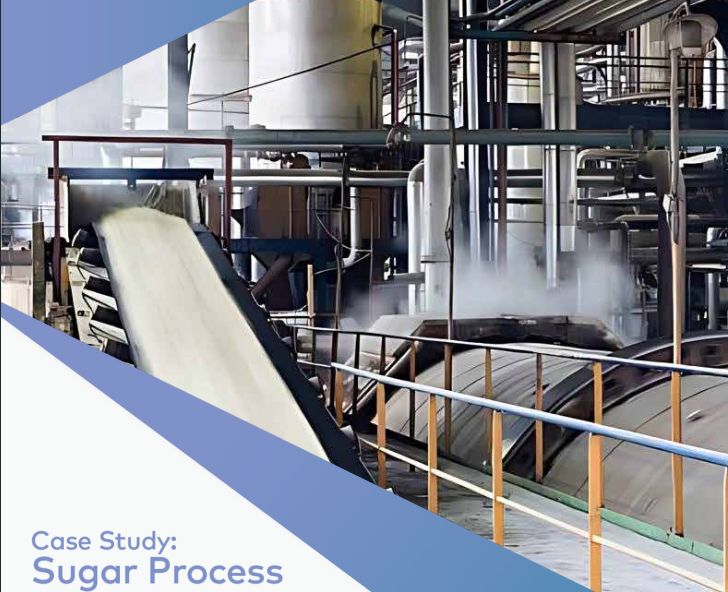
SITUATION
A leading Kenyan-based sugar industry with an installed capacity of 1,250 TCD experienced frequent shutdowns due to scaling of the evaporator tubes, leading to massive downtime and loss of production revenues during the cleaning of the evaporator tubes. Initially, the milling would shut down after 15 days of operation for evaporator tube cleaning.
In the sugar industry, process equipment scaling and under-deposit corrosion are serious problems, particularly at the evaporators. Heavy scaling occurs along the entire evaporation line where the thin juice must be concentrated before crystallization. Without treatment, scaling is responsible for progressively reducing production capacity, increasing manufacturing costs, and raising energy demand. At the final stage, the sugar mill must be shut down for cleaning.
Scale inhibitors are necessary to prevent deposition in the different evaporator bodies. Bimaks scale inhibitors are particularly recommended in cane sugar mills where the scale is primarily composed of calcium carbonate, calcium oxalate, and calcium sulfate. Optimization of the treatment with Bimaks scale inhibitors is generally achieved by injecting the product at various points in the evaporation bodies.
Hydrolink was approached by the local sugar factory in Kenya to provide a solution for frequent shutdowns caused by evaporator scaling.
Bimaks R&D department developed a product called MAKS 9647 RSC to solve this problem.
The general advantages of using MAKS 9647 RSC scale inhibitor on evaporators are as follows:
- Improved evaporation rate i.e., vilater/hrift2 (More production in shorter time)
- High clarified juice brix
- High syrup brix
- High POL in sugar (Final crystalline product – percent)
- Low POL in final molasses, percent, i.e., improved sucrose recovery
- Low POL in filter cake percent
- Excellent scale prevention of scales like carbonates, sulfates, phosphate, oxalate of calcium, and silica
- Reduced evaporator cleaning frequency, resulting in reduced cleaning chemical consumption (Minimum 30 days of continuous operation)
- Reduced downtime (No loss of production)
- Uniform heat transfer coefficient maintained, resulting in reduced steam consumption and maximum throughput with uniform brix
- Low or no sugar carryover to the boiler condensate system (due to proper operation)
- Enhanced equipment life (Alkaline or acid cleanings reduce equipment lifetime)
APPLICATION AND RESULTS
When MAKS 9647 RSC was adopted in a cane sugar plant:
- The sugar mills operated for 30 days continuously without stopping for the usual evaporator tube cleaning.
- The scale formed on the tubes was very soft and easy to clean.
ROI QUANTIFYING AND MONETIZING OUR VALUE
The highest cost is incurred when the factory stops for scale cleaning. If the production is 110 tons of sugar per day and the sugar price is around 100 KES/kg, the company loses 11,000,000 KES per day of production.
If we consider that the cleaning operation takes 3 days, this amounts to 33,000,000 KES in lost sugar production.
Additionally, the cost of chemicals and labor for each cleaning must be added to this value.
We must also factor in the salary of the entire factory staff during the 3 days of the non-operating period (as workers are paid to wait until the cleaning is completed).

